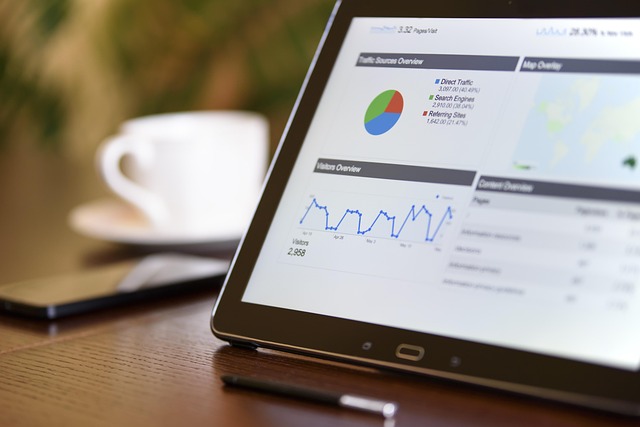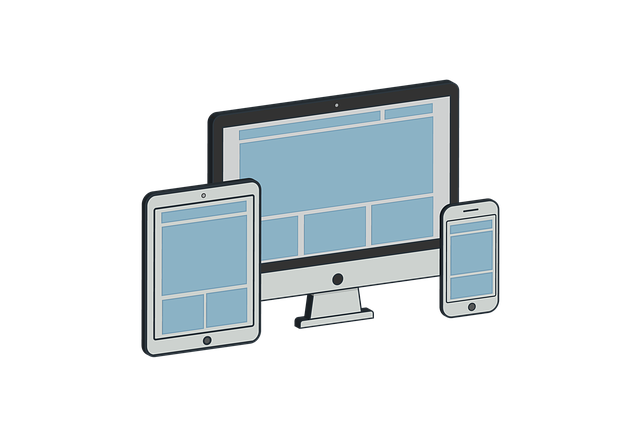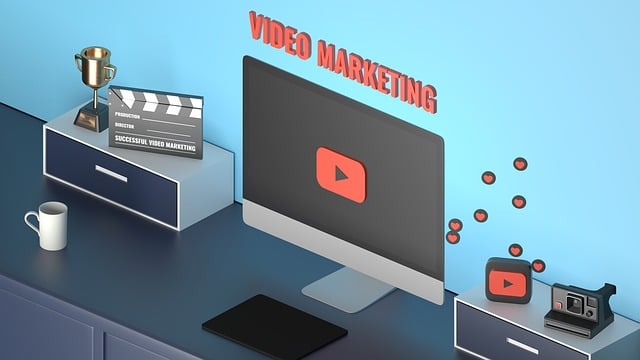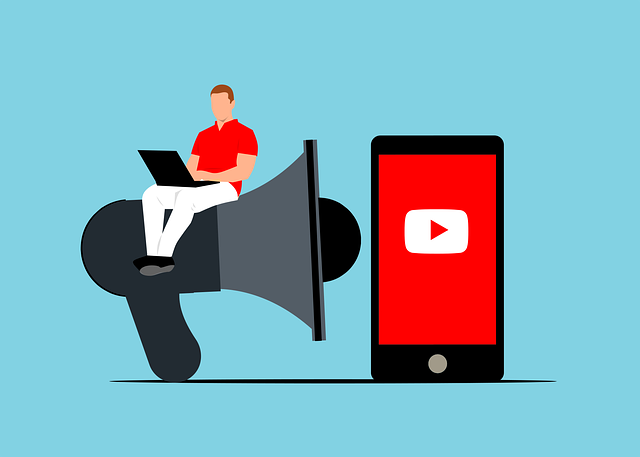In today's digital era, mobile marketing is crucial for businesses aiming to connect with modern consumers. With mobile devices as primary touchpoints, effective strategies like text messages, push notifications, app promotions, and location-based services deliver personalized experiences across channels. By leveraging data analytics, marketers can optimize campaigns on platforms like Instagram and TikTok, using AI, AR, and VR for innovative engagement. Real-time analytics and A/B testing ensure maximum efficiency, while understanding platform behaviors strengthens mobile ad performance in the competitive digital landscape.
In today’s digital era, mobile marketing has become an indispensable tool for businesses aiming to reach and engage modern consumers. Understanding the consumer journey on mobile devices is key to unlocking significant marketing potential. This article explores various strategies and solutions, from text message campaigns and push notifications to compelling advertising across platforms. We delve into data analysis tools and future trends like AI, AR, and VR in digital marketing, providing insights for businesses seeking to thrive in this dynamic landscape.
Understanding Mobile Marketing: The Modern Consumer's Path

In today’s digital era, understanding mobile marketing is paramount for any business aiming to reach and engage modern consumers. The consumer journey has evolved dramatically, with mobile devices becoming the primary touchpoint for information, entertainment, and purchasing decisions. Consumers now expect seamless, personalized experiences across all channels, and mobile marketing solutions play a crucial role in delivering this. From targeted text messages and push notifications to app-based promotions and location-based services, these strategies enable businesses to connect directly with their audience at every step of their path.
The modern consumer’s path is often a complex web, where online research, social media interactions, and mobile apps intertwine. Digital marketing professionals must navigate this labyrinthine landscape to create effective campaigns that resonate with consumers’ ever-changing preferences and behaviors. By leveraging data analytics and understanding the unique capabilities of mobile platforms, businesses can optimize their strategies to drive conversions, build brand loyalty, and ultimately, achieve success in the competitive digital marketplace.
Unlocking Potential: Benefits of Digital Marketing on Mobile Devices

In today’s digital era, mobile devices have become an indispensable part of our daily lives, acting as powerful gateways to vast amounts of information and services. Unlocking the full potential of this connectivity is where Digital Marketing shines. By leveraging the unique features of smartphones and tablets, businesses can create highly personalized experiences for their customers. Digital Marketing on mobile devices offers unprecedented access to consumer behavior data, enabling companies to tailor content, offers, and promotions to individual preferences.
This targeted approach enhances engagement and drives conversions. From push notifications that provide timely reminders to location-based services that offer contextually relevant deals, Digital Marketing ensures every interaction is meaningful. Moreover, mobile marketing solutions allow for real-time analytics, giving businesses the agility to adapt campaigns based on immediate feedback, making it an indispensable tool for modern marketers.
Strategies for Effective Text Message Campaigns

In the realm of digital marketing, text message campaigns remain a powerful tool for engaging with audiences directly and effectively. The key to success lies in crafting concise, compelling messages that resonate with recipients. Personalization is paramount; addressing customers by name and tailoring content to their interests or past purchases fosters a sense of exclusivity and increases engagement. Timing is also critical; sending messages during optimal windows, such as early afternoons or evenings when people are more likely to be active on their phones, can significantly enhance open rates.
Furthermore, incorporating calls-to-action (CTAs) that are clear and urgent encourages immediate responses. Offering exclusive discounts, early access to new products, or limited-time promotions creates a sense of urgency that drives conversions. Tracking and analyzing campaign performance is essential for refining strategies; monitoring metrics like open rates, click-through rates, and conversion rates allows marketers to identify what works best for their target audience, continuously optimizing text message campaigns for better results in the competitive landscape of digital marketing.
Leveraging Push Notifications to Boost Engagement

In the realm of digital marketing, push notifications have emerged as a powerful tool to engage and retain customers. By delivering targeted messages directly to users’ devices, businesses can significantly boost interaction with their apps or websites. These notifications provide an opportunity to re-engage dormant users, promote time-sensitive offers, or share exciting updates, thereby increasing the chances of user participation.
For effective push notification strategies, personalization is key. Tailoring messages based on individual user preferences, behavior, and demographics ensures relevance, fostering a stronger connection between the brand and its audience. When used judiciously, this Digital Marketing technique can drive conversions, enhance customer loyalty, and contribute to overall business growth.
Creating Compelling Mobile Advertising for Different Platforms

In the realm of digital marketing, creating compelling mobile advertising requires a nuanced approach given the diverse nature of platforms. For instance, crafting ads for social media apps like Instagram or TikTok demands a focus on visual appeal and creative storytelling due to the high engagement rates and younger target audiences. In contrast, messaging apps such as WhatsApp or Telegram necessitate more direct and concise advertising, leveraging features like interactive buttons and quick response links.
Understanding platform-specific user behaviors is key. On video-centric platforms, ads should be visually captivating and concise to retain viewers’ attention. For messaging apps, personalization and timeliness are paramount—sending targeted promotions at opportune moments can significantly boost engagement. Adapting strategies based on these differences ensures that mobile advertising campaigns resonate effectively across various digital marketing landscapes.
Analyzing Data and Measuring Success: Tools for Mobile Marketing

In the realm of mobile marketing, data analysis and measuring success go hand in hand. By leveraging robust tools that integrate seamlessly with digital marketing strategies, businesses can gain profound insights into consumer behavior on mobile platforms. These tools track key metrics such as click-through rates, conversion rates, and user engagement patterns, providing a comprehensive view of campaign performance.
Effective mobile marketing solutions offer real-time analytics dashboards, enabling marketers to make data-driven decisions promptly. This allows for continuous optimization of campaigns, ensuring that resources are allocated efficiently. Moreover, these tools facilitate A/B testing, helping businesses identify the most compelling content and offers to drive better engagement and conversions within their Digital Marketing efforts.
Future Trends: AI, AR, and VR in Mobile Marketing

The future of mobile marketing is set to be reshaped by emerging technologies, with Artificial Intelligence (AI), Augmented Reality (AR), and Virtual Reality (VR) leading the charge. These innovative tools are transforming how businesses interact with their audiences in the ever-evolving digital marketing landscape. AI enables highly personalized campaigns by analyzing user behavior and preferences, while AR and VR offer immersive experiences that engage customers like never before.
Marketers can leverage AR to create interactive product visualizations, allowing shoppers to ‘try on’ items virtually, enhancing the online shopping experience. VR, on the other hand, opens up a world of possibilities for brand storytelling, transporting consumers into virtual environments where they can connect with products and services in a fully immersive manner. As these technologies continue to advance, mobile marketing strategies will become increasingly dynamic, offering new avenues for creativity and connection in the digital realm.
